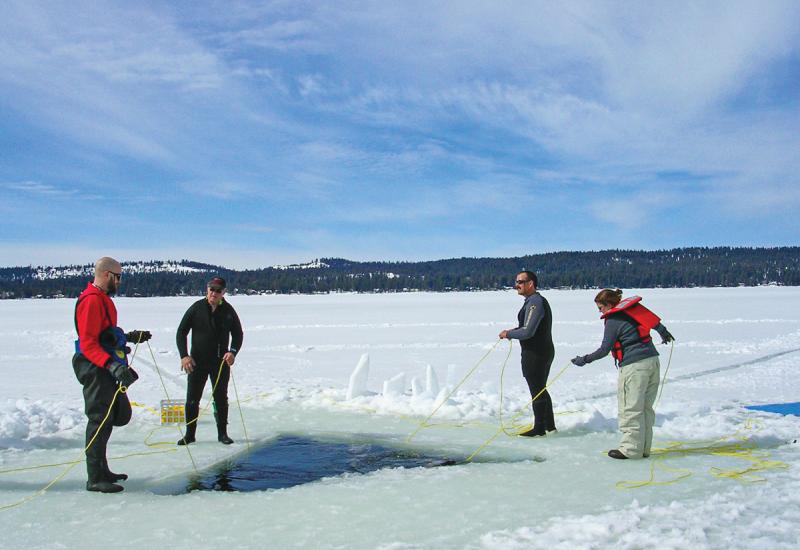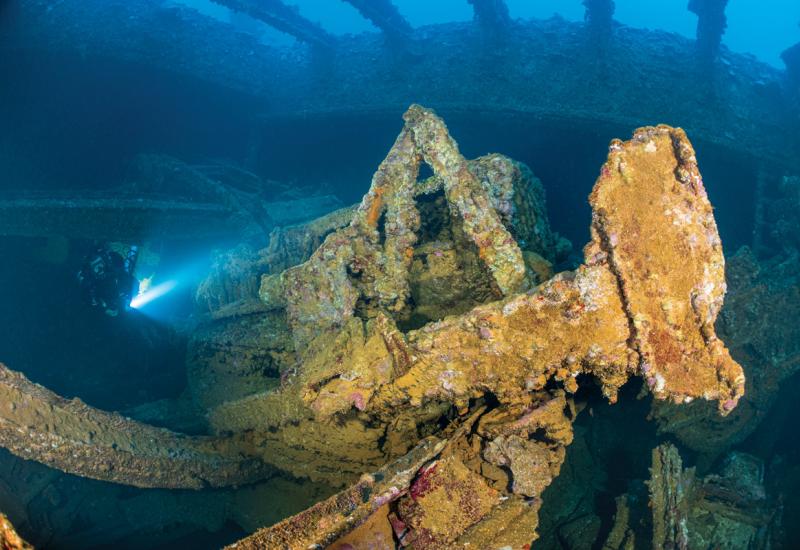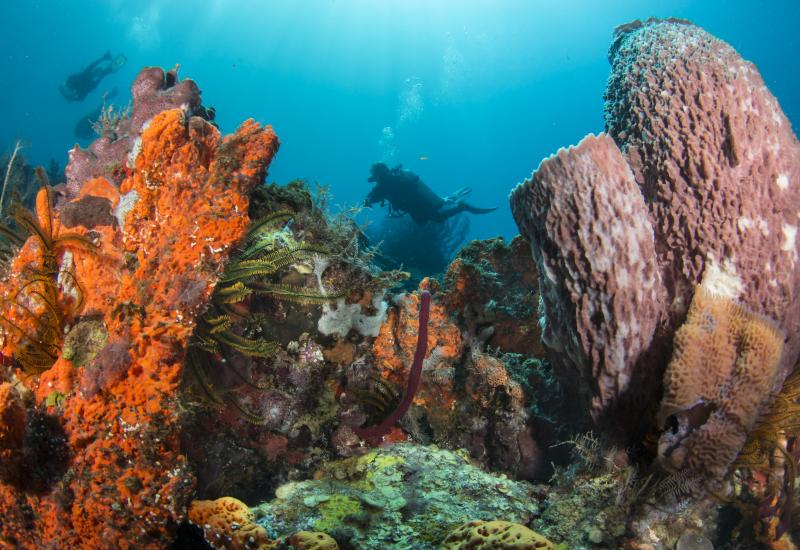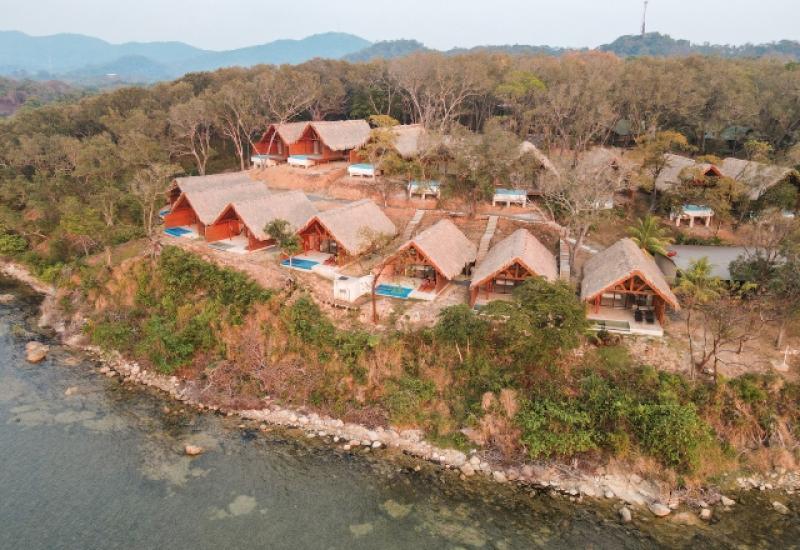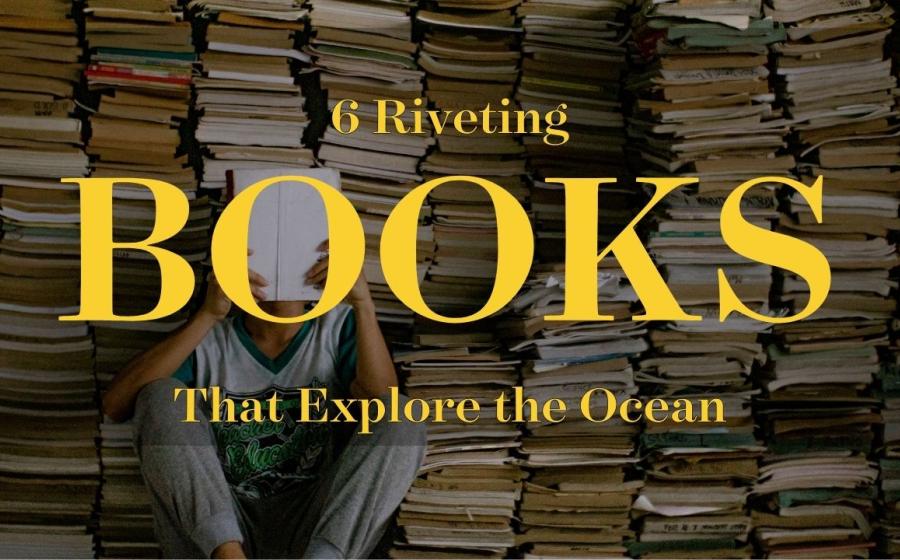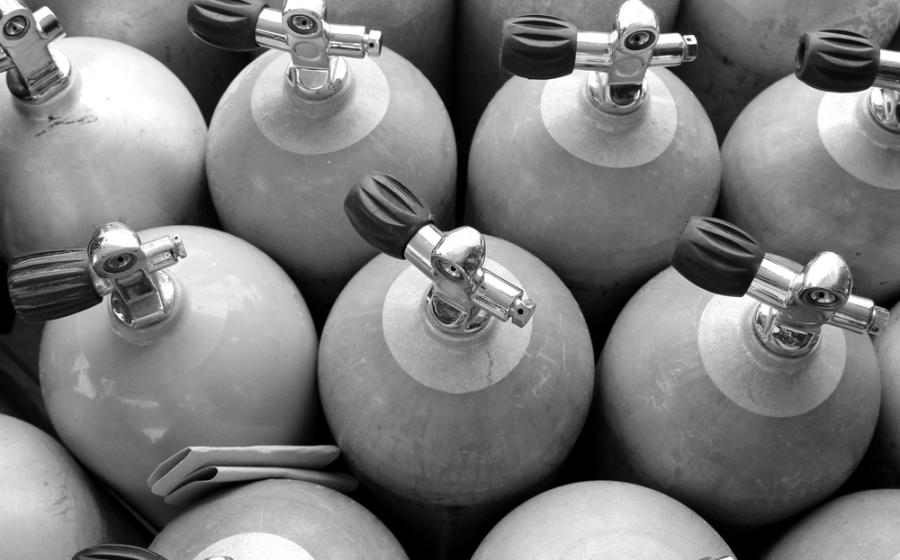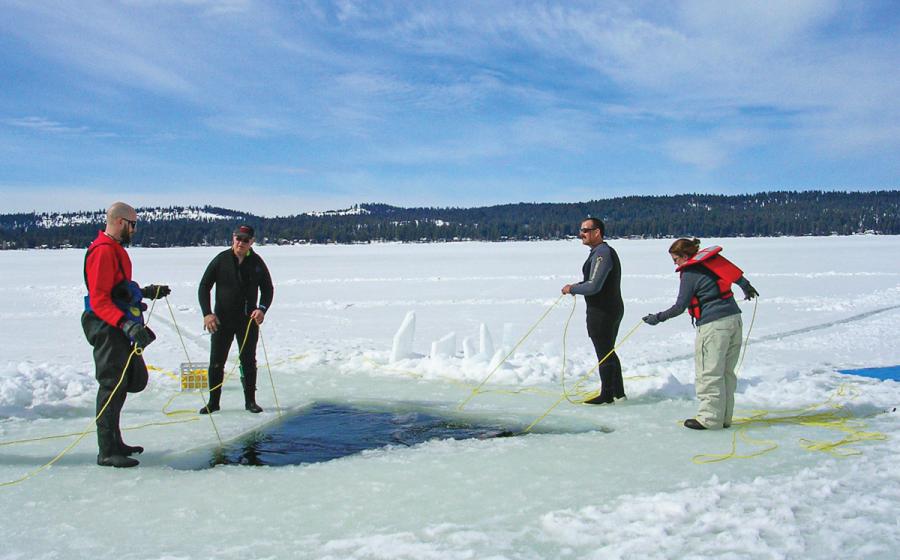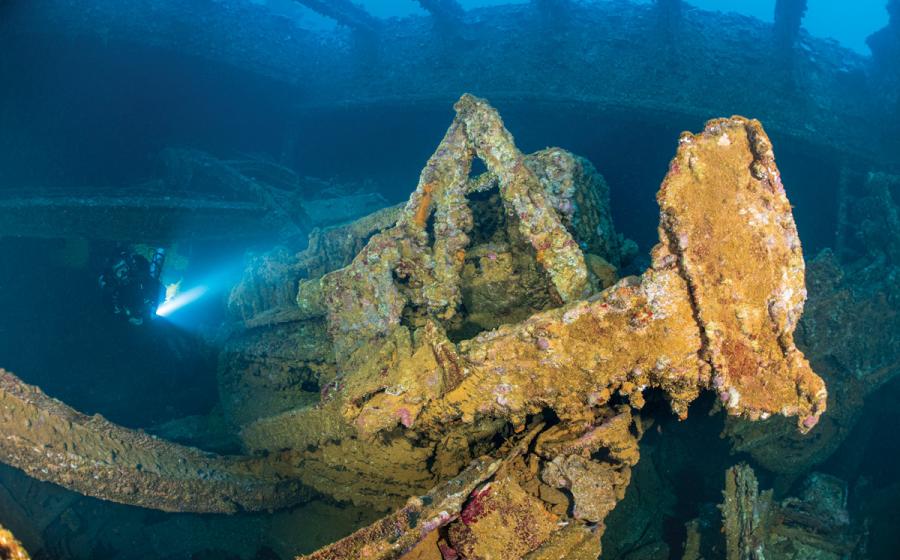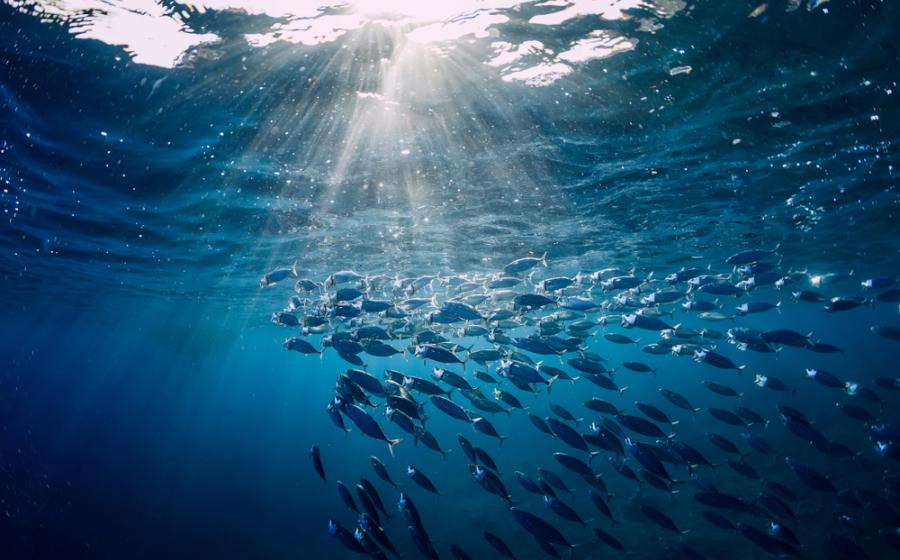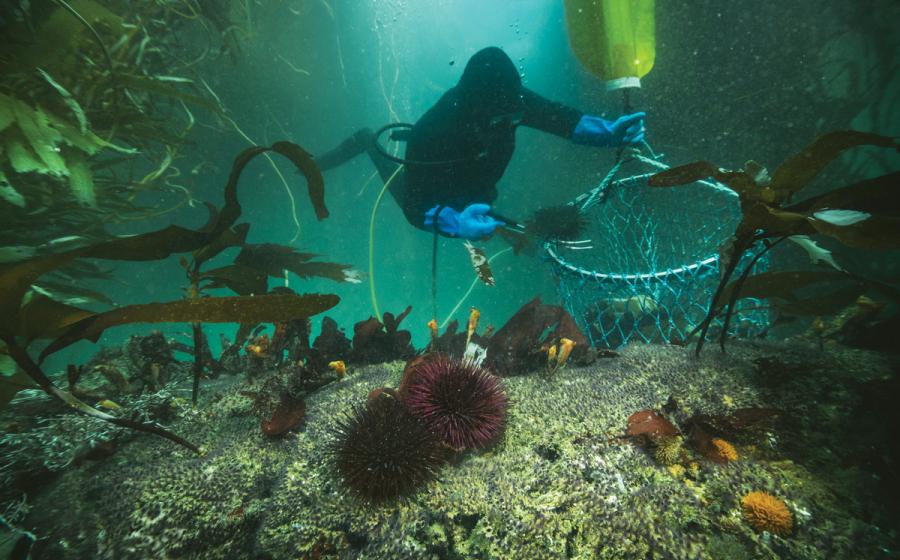The Bonaire Bond and Divers

Courtesy of Tourism Corporation BonaireSalt Pans
That Bonaire won 13 awards in Scuba Diving magazine’s prestigious 2023 Readers Choice survey — including ranking No. 1 in six of the categories — comes as no surprise to longtime Bonaire visitors and readers of the magazine. In fact, the 2023 survey marked the 30th consecutive year the island took the first-place award for Best Shore Diving in the Caribbean/Atlantic region. In the years since 1994, when the magazine launched its annual survey, no other destination in the world has even come close to that achievement in any category. But most importantly, the island’s accomplishments in the survey’s various categories — particularly its No. 1 ranking in Best Health of Marine Environment — is the result of decades of robust and thoughtful commitment to Bonaire’s natural and cultural resources.
One of the Leeward Islands located 50 miles north of Venezuela in the Caribbean Sea, Bonaire is known for many things — a warm, dry climate due to its location below the “hurricane belt,” colorful buildings from the late 1800s in the capital city of Kralendijk, an award-winning culinary scene, the production of sea salt, flamingos, caves, friendly residents, and of course, scuba diving. It is a soul-satisfying blend of Dutch traditions, Caribbean culture and wild natural beauty. Recently, a flurry of exciting new adventures, activities, resorts and restaurants have been launched, but it is the unique “Bonaire Bond” pledge, conceived by Tourism Corporation Bonaire (TCB) in 2022, that is the most inspiring initiative.

Courtesy of Tourism Corporation BonaireBonaire offers untouched dive sites that are among the last truly unspoiled places on earth.
The Bonaire Bond showcases the island’s continued commitment to preserving its resources for the future and invites visitors to travel responsibly and respect the island’s resources. By signing the Bonaire Bond, you’ll pledge to:
- be mindful of how you treat the ocean;
- be courteous to and keep your distance from wildlife;
- be eco-conscious and avoid single-use plastics;
- tread lightly and leave no trace; and
- respect and support local businesses, communities and cultures.
When you sign the pledge, you promise to travel responsibly, you are reminded of how critical eco-friendly tourism is to the livelihood of Bonaire’s local community.
Sustainability is not a new concept on Bonaire. The Stichting Nationale Parken foundation — better known as STINAPA Bonaire — was formed more than 60 years ago, in 1962. In 1979, the Bonaire National Marine Park — which covers the entire coastline from the high-water mark to a depth of 200 feet and a large mangrove forest in Lac Bay — became the first of its kind in the Caribbean. In the following decades, the island led the world in nature conservation and ecological responsibility. With the introduction of the Bonaire Bond, the island’s message and mission remain unchanged: We will manage Bonaire’s valuable natural resources, but we’d love the help of divers to help protect them.
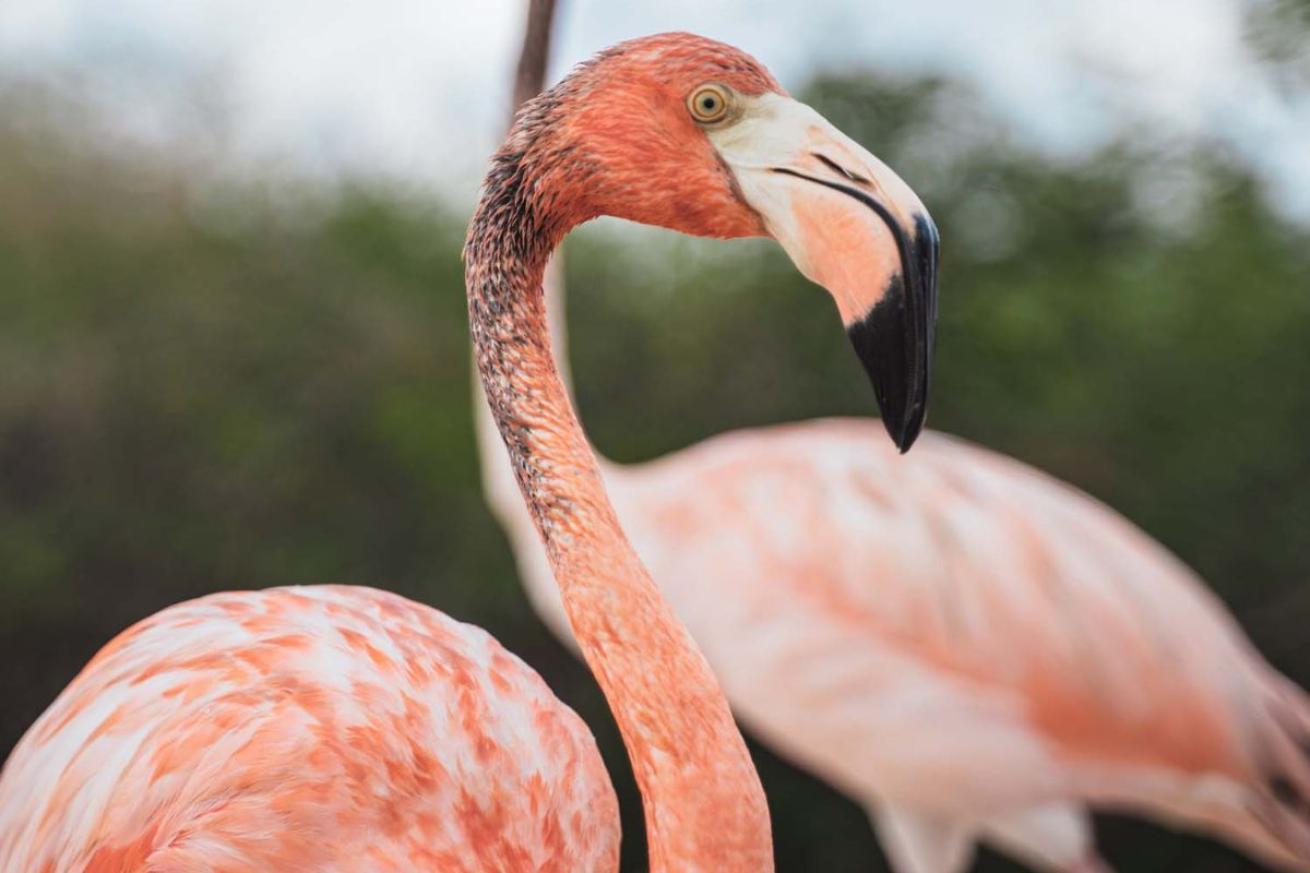
Courtesy of Tourism Corporation BonaireWhether you’re looking to commune with nature or you prefer historical sites, Bonaire has everything you’re looking for.
When I first visited the island in 2003, to help Scuba Diving magazine in its co-hosting duties for the Bonaire Dive Festival, STINAPA was well known in the scuba diving community for ensuring divers were good stewards underwater. Dive operators required all divers, regardless of years diving, skill level or previous visits to the island, to participate in an orientation and briefing, perform a checkout dive and pay $10 for a marine park tag (the collected funds helped to support STINAPA’s conservation efforts and also allowed us to visit Washington Slagbaai National Park). I attached my tag to my BC and made my checkout dive on the house reef of the resort where I was staying. I was blown away by the number of colorful reef tropical fish flitting in and out of the scattered coral heads near the resort dock. After completing our checkout, my buddy and I kicked just a few feet to find the reef. I returned to Bonaire often, always grateful that the island has benefited from forward-thinking conservationists. Today, divers are still required to attend the orientation and briefing and to perform a checkout dive, but the physical plastic tag has been replaced by a completely digital system — visitors pay a $40 nature fee online and receive an electronic dive tag. The dive tag is valid for one calendar year.
The island’s commitment to protecting its water, coral reefs and marine life led it to being certified as the world’s first “Blue Destination.” The Blue Destination idea is based on the World Bank concept of the “Blue Economy,” where the destination commits to the sustainable use of ocean resources in pursuit of conscientious social and economic development.
The Bonaire Bond builds on the island’s unshakeable legacy of conservation. As the website notes: “By taking this pledge, you become an integral part of maintaining our bond to the environment, our unique identity and to each other.”
Once you take the pledge, there is even a digital toolkit of shareable assets for your social media pages — be sure to tag @bonaireisland and use the hashtag #BonaireBond.
For me, the Bonaire Bond underscores just how special Bonaire is, a place where you will connect with nature both underwater and on land. Nearly 60 coral species are found on the island’s reefs, and marine wildlife, including sea turtles, seahorses and multiple fish species, such as butterflyfish, parrotfish, blue tangs and jacks, thrive in these waters. You can choose to experience dozens of dive sites, the Hilma Hooker wreck and Klein Bonaire as a boat diver or as a shore diver. As the license plates note, the island is truly a “Divers Paradise.”
Learn more about everything Bonaire offers in a dive vacation by visiting the Tourism Corporation Bonaire’s website.

